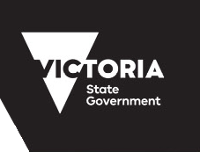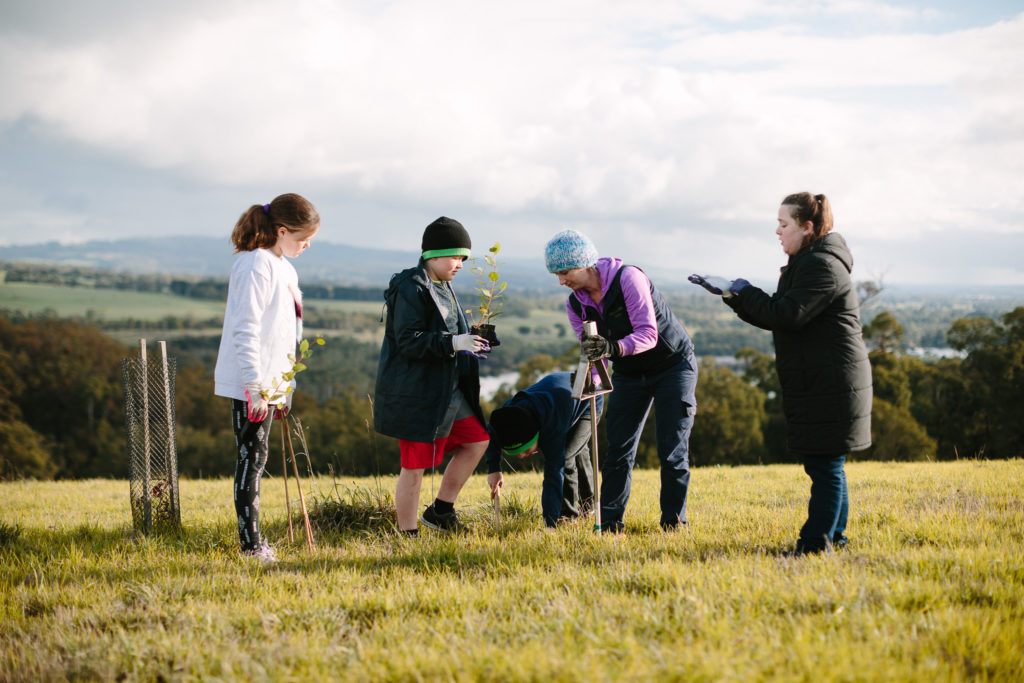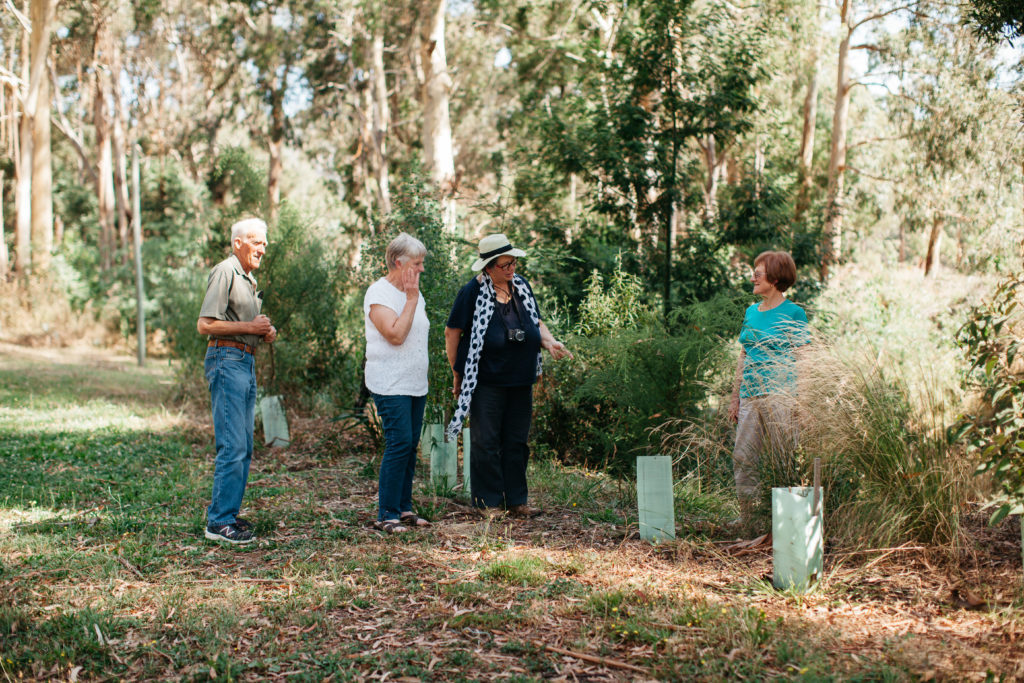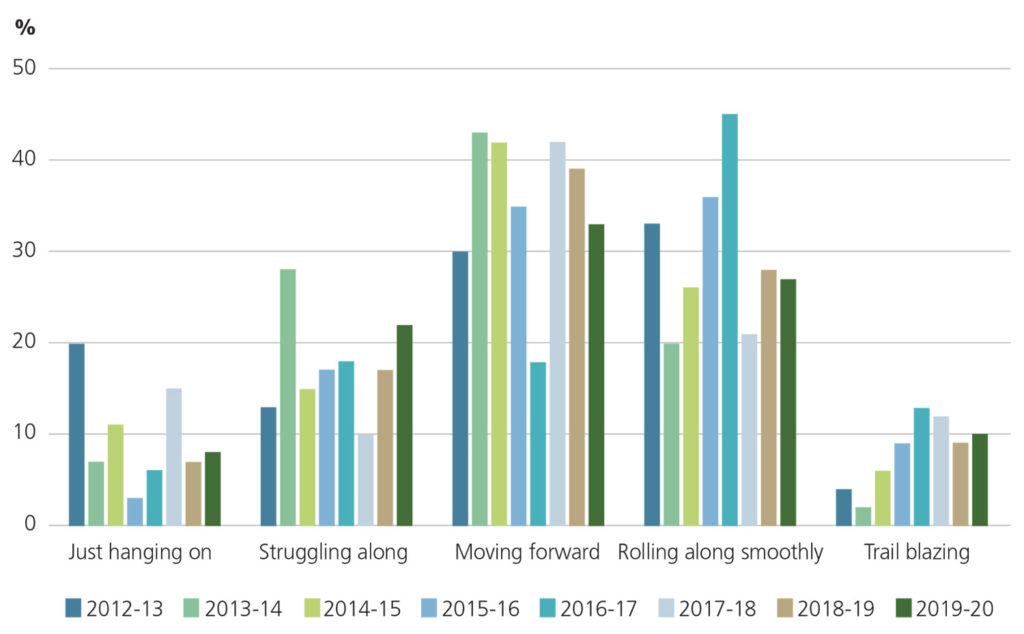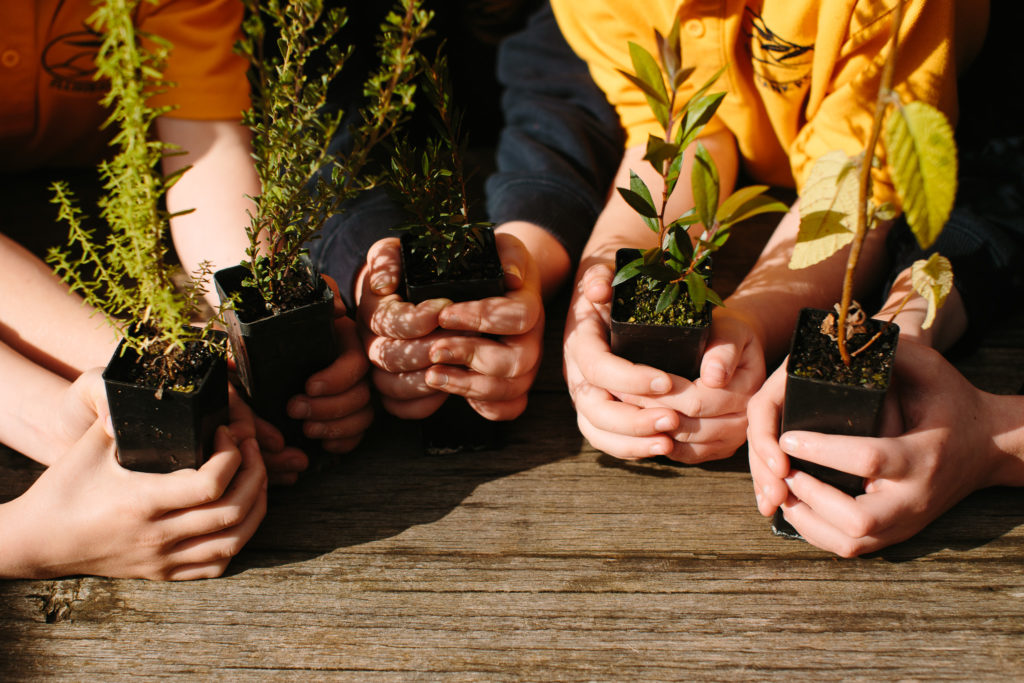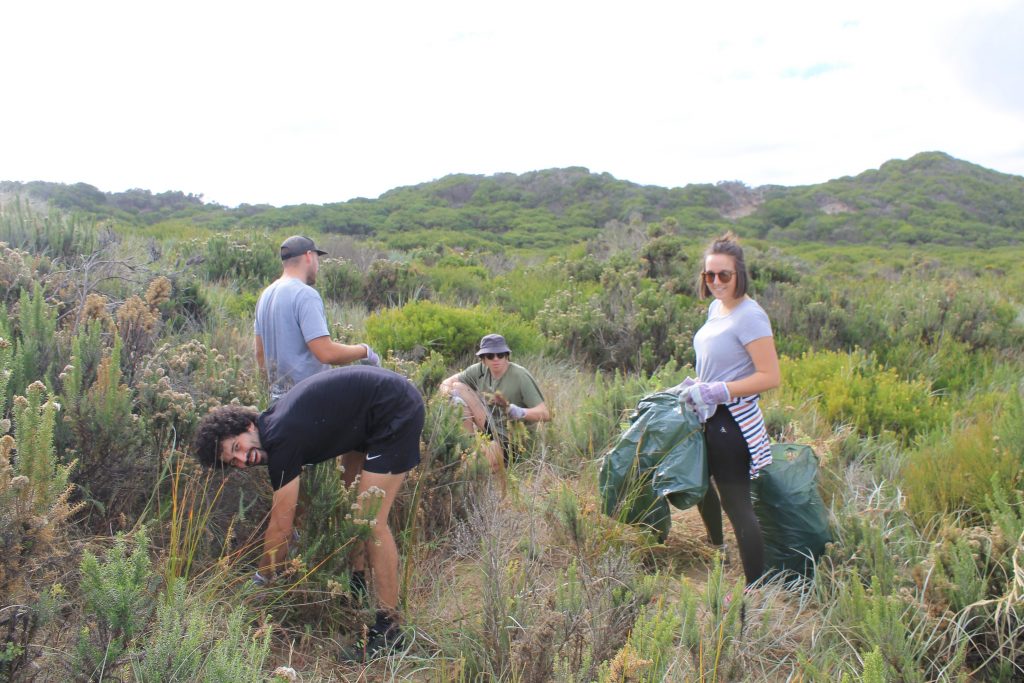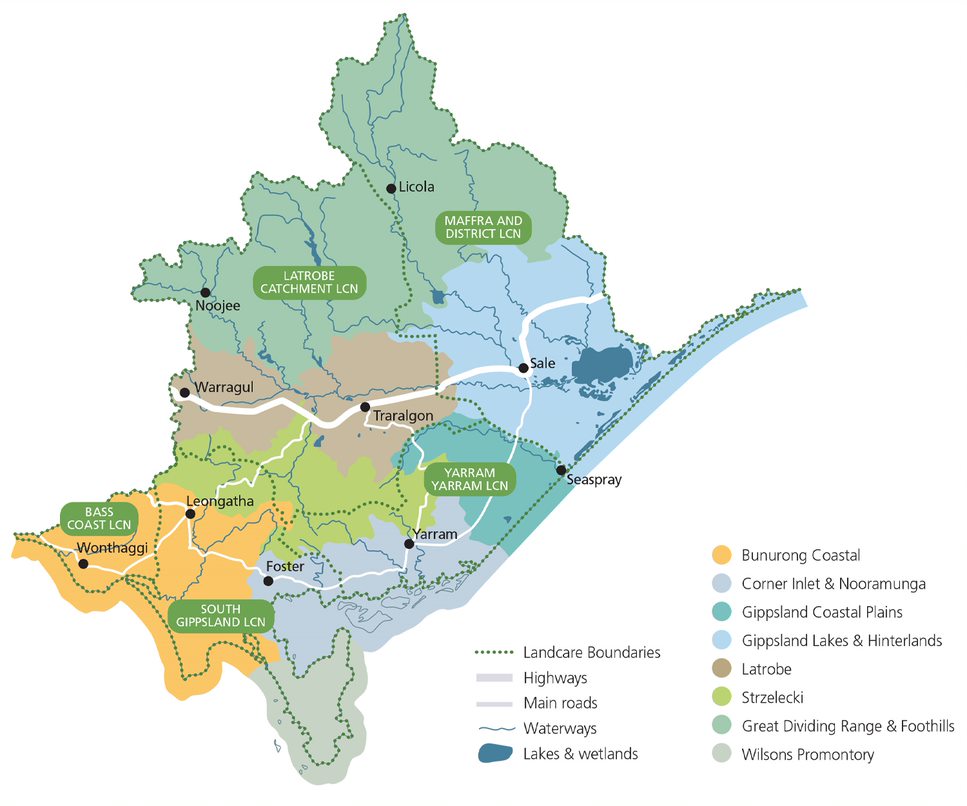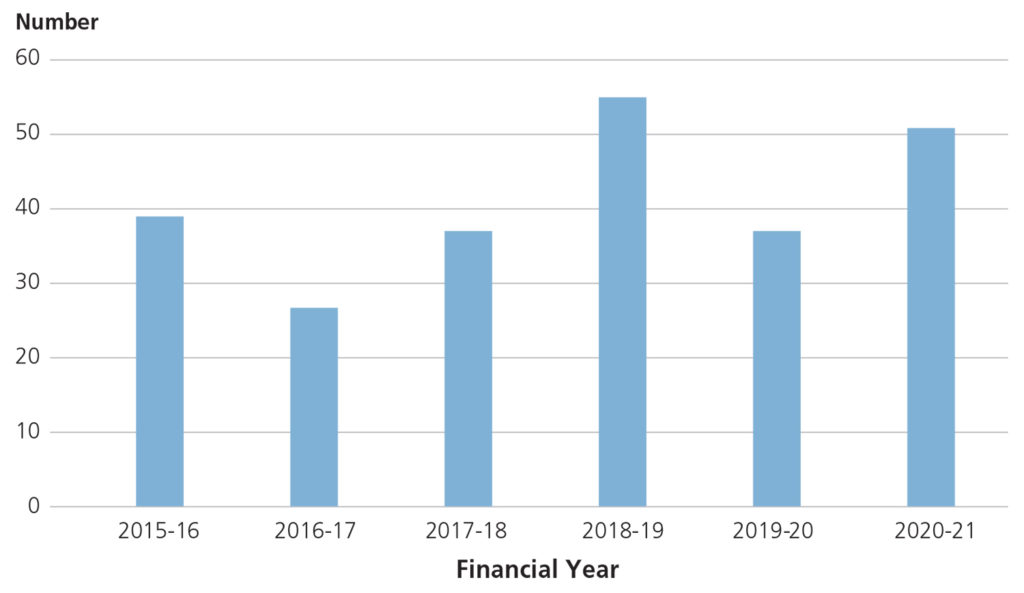Introduction
The future of our catchments and the associated land, water, biodiversity, marine and coastal assets are in the hands of people that live, work, and visit the region. An active and engaged community supported by strong partnerships is critical to ensure better catchment stewardship in the West Gippsland region.
The community theme includes both community groups and people as individuals. The region’s Traditional Owners are recognised as having a special connection and role in caring and managing Country and this is emphasised in the Traditional Owners theme of this RCS.
The regional population is growing as people move to West Gippsland to take advantage of its proximity to Melbourne, its amenity and open spaces. An increase in visitor numbers has also been observed as the growing population of Melbourne explores its own backyard. Changes to the make-up of the community provide both opportunities and challenges for land, water, and biodiversity management.
Numerous community groups with an interest in the natural environment operate within the region. A network of volunteers have a vital role in citizen science by regularly monitoring fauna and vegetation and collecting ongoing water quality data.
Community groups, along with regional businesses, corporate and philanthropic organisations, and individuals, make important contributions to the region’s environment through financial investment, business practices and volunteering.
Some groups such as BirdLife’s Friends of Hooded Plover are experiencing increased participation however the level of participation in many other volunteer activities is being impacted on by changes in demographics and commitments to work and family.
The communities of Gippsland have proven themselves to be resilient and continue to have a positive outlook despite the major environmental and economic challenges confronting the region in recent years, such as bushfires, floods, and the COVID-19 pandemic.
Landcare and community NRM groups
In West Gippsland, Landcare has a long and proud history, made up of a committed and motivated grassroots community that have delivered best practice natural resource management for more than 30 years.
Five Landcare networks support 52 Landcare groups. There are also approximately 55 community – NRM groups who do not sit within the Landcare network structure, such as friends of groups or foreshore Committees of Management.
All these groups and networks drive projects that address local and landscape-scale issues through on ground works such as revegetation, pest plant and animal management, soil health and riparian management. They also build skills and social connections in the community through training and events.
Landcare and community NRM groups have a successful history in the region. They also play an important role in enhancing the West Gippsland environment, and its ability to adapt to meet emerging challenges. Partnerships between agencies and community NRM groups are one if the best ways to achieve great on ground outcomes for the West Gippsland region1.
Condition and Trends
West Gippsland Landcare
Landcare group health has shown some variation year to year, but on average it is positive with groups in the West Gippsland region assessed as ‘moving forward.’
Landcare group health scores1
| CATEGORY YEAR | 19-20 | 18-19 | 17-18 | 16-17 | 15-16 | 14-15 |
|---|---|---|---|---|---|---|
| 5 = Trail blazing | 5 | 5 | 6 | 7 | 5 | 3 |
| 4 = Rolling along smoothly | 13 | 15 | 11 | 23 | 21 | 14 |
| 3 = Moving forward | 16 | 21 | 22 | 9 | 20 | 22 |
| 2 = Struggling along | 11 | 9 | 5 | 9 | 10 | 8 |
| 1 = Just hanging on | 4 | 4 | 8 | 3 | 2 | 6 |
| Total responses | 49 | 54 | 52 | 51 | 58 | 53 |
| Average group health score | 3.08 | 3.15 | 3.04 | 3.43 | 3.29 | 3 |
Partnerships
The WGCMA and RCS partners are committed to working in a collaborative manner, to deliver high quality regional programs that benefit the Gippsland environment and the regional community.
Partnerships associated with RCS implementation vary greatly and include large agencies with multiple departments, Landcare Networks and Industry Groups with long-term formal agreements, Traditional Owner Groups, small community organisations with sporadic or ongoing engagement and emerging partners big and small.
Some partners may be collaborative with one part of the organisation but have challenging or emerging relationships in other parts. Some partnerships, such as those between Traditional Owner groups and the WGCMA have formal agreements in place but are still in the early stages of partner development.
The Better Practice Guide for Public Participation in Government Decision Making helps to guide engagement approaches used by RCS partners, from simply informing people about what agencies are doing to empower partners in the decision making process5.
The WGCMA has historically measured and reported on the number of individual partnerships established, modified or maintained (as outlined in the chart shown to the right). This reporting incorporates partnerships for individual projects as well as longer term collaborative activities. The chart shows that the number of individual partnerships varies from year to year, ranging from 27 to 55.
In the future the number, strength and impact of partnerships will form the basis of monitoring and evaluation providing a more meaningful basis for demonstrating partnership outcomes. Further information is provided in the Partners section.
Major Threats and Challenges
Some of the challenges to community involvement and participation include:
- Changing demographics – including an ageing farming population and an increase in new residents to the region
- Changing land use – increasing urban development and smaller lots on agricultural land
- Lack of secure ongoing funding to support community volunteers and community participation
- Lack of time and competing priorities for individuals due to work and family commitments.
Despite these challenges, local communities and groups throughout Gippsland are actively working together to enhance, restore and protect the environment.
The major drivers of change for the Communities theme were identified through consultation with partner organisations as outlined below3.
Major drivers of change – Communities
| CLIMATE CHANGE | POPULATION AND DEMOGRAPHICS TRENDS | LAND-USE CHANGE | INDUSTRY OUTLOOK |
|---|---|---|---|
| ▪ Transition to new renewable industries and changed land uses ▪ Growing community awareness and concern about about climate change impacts ▪ Strong interest and participation in climate change adaptation | ▪ Population and demographic shifts ▪ People moving to the region for lifestyle reasons, particularly the coastal areas in western parts of the region close to Melbourne ▪ Opportunity to increase environmental awareness and their interaction with nature | ▪ Increased development pressure ▪ Desire by community for better planning controls to manage impacts on the environment | ▪ Employment transition to new industries and changed landuse |
Opportunities and Management Directions
Community Perspectives
During engagement for RCS renewal, community members identified how they would like to be supported to participate in land, water and biodiversity management. The main themes include:
- Greater collaboration between agencies and community/industry on projects at a local level
- Provision of funding including grants or incentives to undertake projects
- Provision of information/advice to improve knowledge.
Community members also expressed a strong desire to see action taken to address climate change impacts at the local scale.
Community priorities in terms of types of actions and projects they would like to see implemented through the RCS include:
- Retain and restore native vegetation communities
- Control of pest plants
- Fencing of waterways and native vegetation
- Continuing to engage with the community and encouraging participation by new residents, the younger generation as well as existing volunteers
- Control of invasive animals
- Support agricultural practices that improve soil health, productivity, and water use efficiency
- Improving knowledge of land, water and biodiversity and the effectiveness of our actions
- Funding and more support for on-ground action
- Planning controls to address inappropriate development
- Initiatives to support climate change adaptation.
Priority management directions have been identified for the Community theme through a review of RCS3 and consultation with Traditional Owners, the community and partner organisations.
Established management directions will be delivered through existing sub-strategies and action plans.
Opportunities will be further developed, or pursued through RCS implementation to help support Integrated Catchment Management in the region.
Priority opportunities and management directions for the Community theme
| MANAGEMENT DIRECTION | DETAILS | ESTABLISHED MANAGEMENT DIRECTION | OPPORTUNITY | PARTNERS |
|---|---|---|---|---|
| Support community based NRM groups through implementation of the West Gippsland Regional Landcare Support Plan | Including governance support, training, grants and building partnerships | ✔ | WGCMA, Landcare, Community Environmental Groups | |
| Support integrated citizen science programs that engage community and provide useful targeted data to inform water, land, climate and biodiversity programs | Including Waterwatch, BirdLife and other community led programs | ✔ | ✔ | WGCMA, Landcare, Parks Victoria, Local Government, Traditional Owners |
| Support community groups to consider climate change in planning and implementation of natural resource management programs | To be progressed via RCS Local Area forums | ✔ | All partners | |
| Provide opportunities for community based NRM groups and individuals to participate in land, water and biodiversity programs | Including collaborative planning, on-ground works, monitoring and investigations | ✔ | ✔ | All partners |
| Deliver programs that encourage new residents and property owners and visitors to value the region’s unique land, water, cultural and biodiversity assets | ✔ | Local Government, Landcare, Traditional Owners | ||
| Deliver integrated catchment management initiatives in priority catchments | Perry River and Providence Ponds, Powlett River catchments (priorities in 2021) | ✔ | WGCMA, Traditional Owners, Community representatives, Landcare, DELWP, DJPR, Local Government, Parks Victoria, TfN, Water Authorities | |
| Work with the community in priority areas to prepare whole of landscape integrated catchment management plans | Initial priorities include the Tarwin catchment and the Strzeleckis | ✔ | As above | |
| Develop and maintain partnerships with a broader range of organisations and interests to achieve ICM outcomes | ✔ | All partners |
Regional Outcomes
This section sets out the long term (20-year) and medium term (6-year) outcomes as they relate to partnerships and the community. The outcomes are regionally specific and were developed in collaboration with RCS partners.
The RCS outcomes hierarchy can be found here with a more detailed matrix showing how the medium term outcomes align to local areas here.
Long term outcomes – by 2041 we will:
Regionally specific outcomes
- Increase collaboration and support for community and industry participation in land, water, and biodiversity management.
Medium term outcomes – by 2027:
Regionally specific outcomes
- Landcare and Community NRM groups have maintained the number of volunteers in the region
- Fifteen community and industry partners have increased their level of participation in land, water, and biodiversity projects.
References
- WGCMA. West Gippsland Regional Landcare Support Plan 2020-2025. Traralgon: West Gippsland Catchment Management Authority, 2020
- WGCMA. West Gippsland Catchment Management Authority Annual Report 2019-20. Traralgon: West Gippsland Catchment Management Authority, 2020
- RMCG. West Gippsland RCS Review and Renewal. Final Report. Torquay: RM Consulting Group for the West Gippsland Catchment Management Authority, 2020
- WGCMA Internal tracking of outputs or activities that are delivered by or in partnership with CMAs through reporting of standardised outputs as per DELWP Output data standards (version 3.0 2021): West Gippsland Catchment Management Authority, 2021
- VAGO Better Practice Guide to Public Participation in Government Decision Making. Victorian Auditor Generals Office, 2015.
